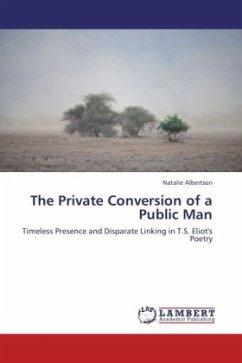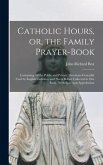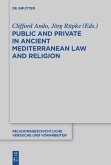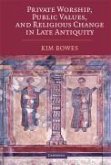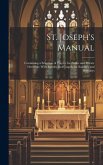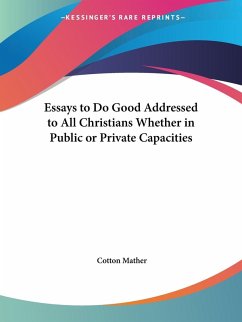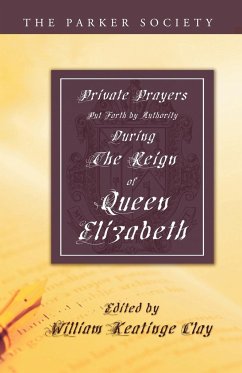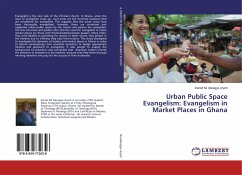T.S. Eliot s The Waste Land is largely seen as the epitome of modernist thought and expression, and yet T.S. Eliot s life is enigmatic as a modernist voice considering his conversion to Anglo-Catholicism in June, 1927. His faith is expressed in few of his works but perhaps most present in the Four Quartets. I am interested in exploring the reasons for his conversion as expressed in his poetry, and the influences of his conversion on his poetry. My book will examine this transition in Eliot s life as expressed from The Waste Land (1921) to the Four Quartets (1942) which will act as two ends of a continuum. In the text that follows, I survey Eliot's conversion not to evaluate its merit or sincerity, but to define it as a feature of his life that is in many ways at an inadequate stage of study.
Bitte wählen Sie Ihr Anliegen aus.
Rechnungen
Retourenschein anfordern
Bestellstatus
Storno

